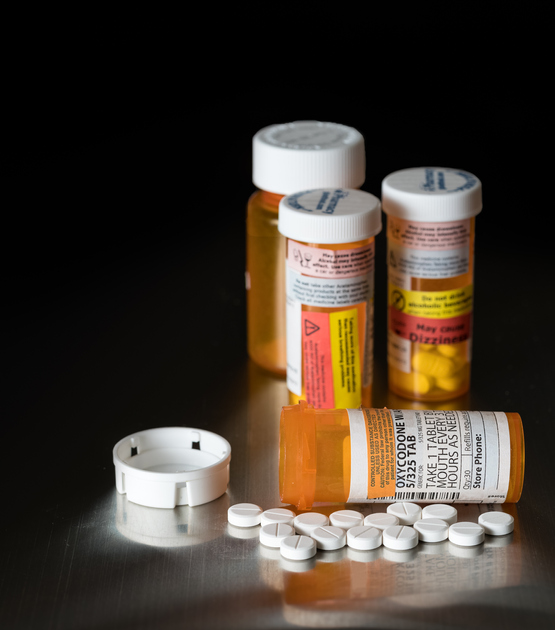Drug Intervention for Opioid Addiction
Prescription and illegal opioids are abused all throughout the United States. Opioids are a class of drugs naturally found in the opium poppy plant. Some of the prescribed opioids are made directly from the plant. Other opioids, such as synthetic or semi-synthetic drugs are made using similar chemical structures. An opioid is designed to relieve pain and relax the body. Prescription opioids are used to treat moderate to severe pain. Opioids are addictive drugs because of how they bind to opioid receptors in the body, creating tolerance and dependency. Some of the common opioids prescribed are hydrocodone (Vicodin), oxycodone (OxyContin, Percocet), oxymorphone, morphine, codeine, and fentanyl. Generally, dependency on these drugs starts with a prescription, and it progresses from there. However, heroin addicts will abuse prescription opioids when they can afford them. Along with this, most opioid addicts will turn to heroin as a cheaper alternative to illegal prescription opioids.
Newman Interventions has helped countless families across the United States who have loved ones addicted to opioids. Opioid addiction almost always requires intervention because an addict is afraid of going to treatment for a few reasons. Initially, opioid withdrawal is painful and most addicts want to avoid this, so they will try opioid medication or medical detox. Opioid addicts seem to always attempt detox on their own without professional help. This is a common excuse when the family approaches them about treatment.
Prescription opioid users will deny there is a problem, because they have a prescription, and there are no issues. However, if the family notices they are taking the drug in a way other than prescribed, this is a sign of abuse. They may also be taking someone else’s prescription medicine, and taking the drug for the euphoric effects. Our intervention team can help you determine this, and plan to organize an intervention.
Why are prescription opioids so addictive?
Everyone has active opioid receptors in the brain and spinal cord, which help us manage pain and feel pain and pleasure. The opioids in the drugs attached to these existing receptors, replace the naturally occurring opioids. The pain signals are blocked, the user experiences a pleasurable feeling, and wants to repeat the experience. However, what ends up occurring is the body develops a tolerance for these new opioids, along with dependency. To meet this tolerance, the dosage being consumed must increase as the dependency grows. Essentially, the body and mind will not function properly unless it has a certain amount of pharmaceutical opioids. Finally, prescription opioids create an intense euphoric effect. The first time you use them it is a pleasurable feeling that you will want to repeat. However, this feeling can never be duplicated fully, and the addict continues to use, to keep that pleasurable feeling there. Because of how addictive opioids are, professional intervention is the most successful way to help an addict.
Newman Interventions will help your family find treatment and detox prior to the intervention happening. The type of rehabilitation you select is important, because of how dangerous opioid addiction is. Medical detox is often always needed, and this is the first place the addict will go before they start drug rehab. A successful opioid intervention can only be done when the addict is not using, and when they are not going through serious withdrawal. The entire planning process is done with our intervention team. We will answer all your questions about addiction and intervention, and help your family safe the life of your loved one.
Saving a Life Starts Here
Learn more about our method for successful intervention. Contact us today for a free, confidential consultation with an Intervention Counselor.
Please fill out the form and download your copy of the 25 tips for Successful Intervention






